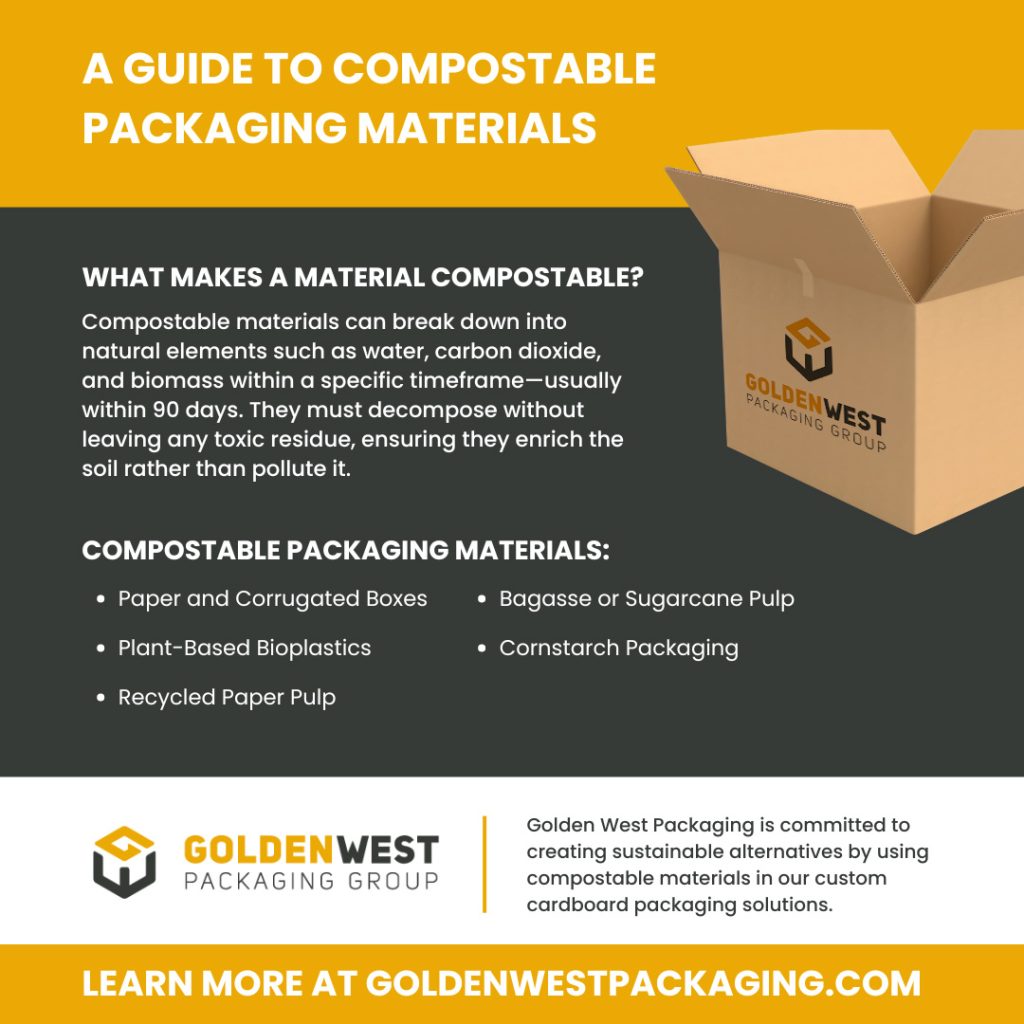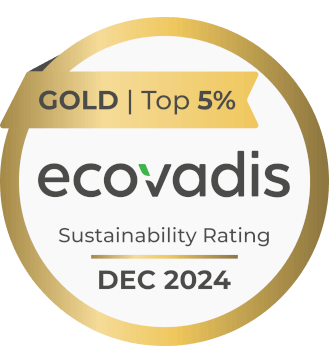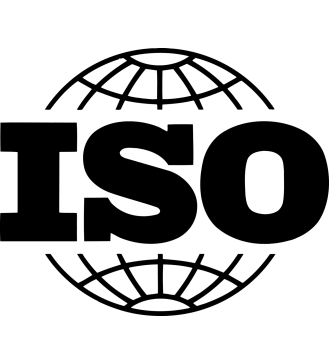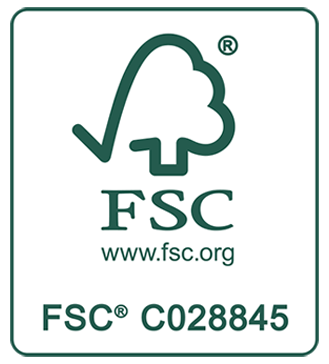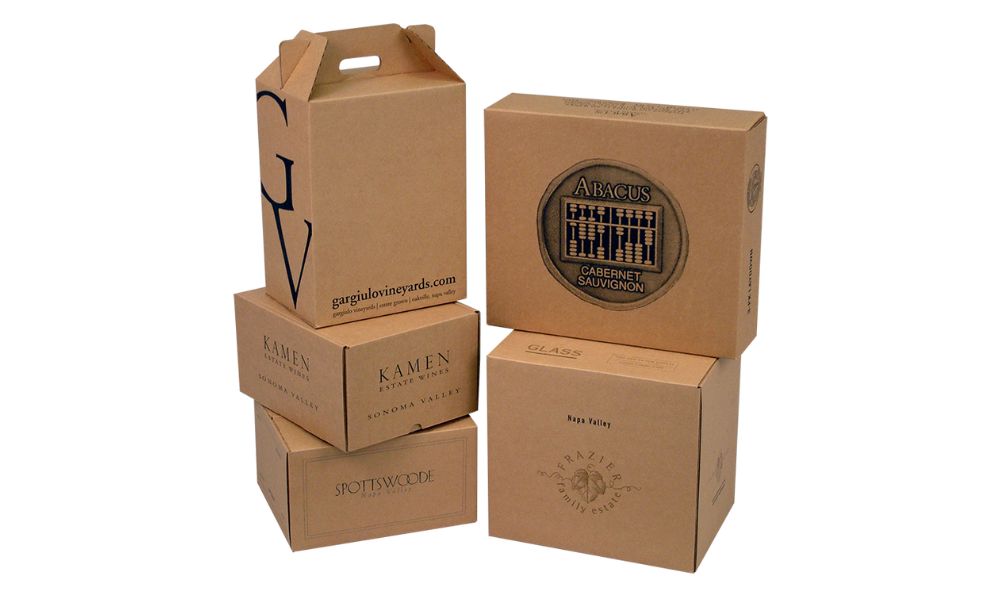
The world is slowly becoming more aware of the environmental impact of waste. Businesses, too, are finding ways to minimize the amount of waste ending up in our landfills, hoping to reduce their carbon footprint and better our planet. One way a business can limit landfill contribution is by switching to compostable packaging materials. Use this guide to compostable packaging materials to find out what makes a material compostable and the various types you might consider for your products!
What Makes a Material Compostable?
It’s important to know what classifies a material as compostable. Compostable materials can break down into natural elements such as water, carbon dioxide, and biomass within a specific timeframe—usually within 90 days. They must decompose without leaving any toxic residue, ensuring they enrich the soil rather than pollute it.
Compostable materials derive from natural, renewable resources. They offer a sustainable alternative to conventional plastics and can return to the earth safely. However, it’s crucial to distinguish between biodegradable and compostable materials. Although both terms imply decomposition, compostable materials break down quickly and completely, while biodegradable materials may degrade over a longer period and sometimes leave harmful residues.
Understanding these criteria will help you make better choices when selecting compostable packaging materials. These materials benefit the environment, but they also enhance your brand’s image as a responsible and forward-thinking entity.
Paper and Corrugated Boxes
One of the most common compostable packaging materials is paper and corrugated boxes. The popularity of these materials stems from their versatility and ease of recycling. Paper and corrugated boxes feature cellulose fibers derived from wood pulp, which is renewable and compostable.
Paper-based packaging is highly customizable, making it suitable for various industries. Whether you’re packaging food, electronics, or retail products, paper and corrugated boxes can meet your needs. Their durability ensures they protect goods during transit while remaining environmentally friendly.
Furthermore, paper and corrugated boxes decompose naturally in composting conditions, enriching the soil with organic matter. They are easy to recycle, reducing the need for virgin materials and conserving resources. Small businesses and packaging designers can leverage the benefits of paper and corrugated boxes to create sustainable, attractive packaging solutions.
Plant-Based Bioplastics
Plant-based bioplastics are an innovative solution in the realm of compostable packaging. Unlike traditional plastics derived from petroleum, bioplastics use renewable plant sources such as corn, sugarcane, and potato starch. These materials offer the functional properties of conventional plastics but with a reduced environmental impact.
The versatility of bioplastics allows you to mold the material into various packaging forms, including bags, containers, and films. They are suitable for packaging food, cosmetics, and other consumer goods. Bioplastics decompose into non-toxic components under composting conditions, leaving no harmful residues.
Using plant-based bioplastics helps reduce reliance on fossil fuels and lowers greenhouse gas emissions. By choosing bioplastics, businesses can demonstrate their commitment to sustainability and appeal to environmentally conscious consumers.
Recycled Paper Pulp
Recycled paper pulp is another excellent compostable material that has its place as a sustainable alternative to virgin paper. This material reduces the need for new raw materials and minimizes landfill waste.
This type of packaging is particularly suitable for products that require cushioning, such as electronics and fragile items. You can mold the pulp into various shapes to ensure it provides excellent protection and enhances the unboxing experience.
For small businesses and packaging designers, recycled paper pulp offers a sustainable and cost-effective solution. By incorporating recycled materials into your packaging, you can contribute to resource conservation and waste reduction.
Bagasse or Sugarcane Pulp
Bagasse, or sugarcane pulp, is a byproduct of the sugarcane industry, making it an excellent example of the ability to upcycling waste into valuable resources. This fibrous material is both compostable and biodegradable, breaking down quickly without leaving harmful residues.
Bagasse packaging is versatile and sturdy, which makes it suitable for various applications, including food containers and trays. Its natural fiber composition provides excellent insulation for hot and cold foods.
One of the standout features of bagasse is its water-resistant properties, eliminating the need for plastic coatings that can hinder compostability. This efficiency makes it a practical and eco-friendly choice for businesses looking to reduce their environmental footprint.
Cornstarch Packaging
Cornstarch packaging is another plant-based material gaining popularity for its compostable properties. This material, which manufacturers derive from the starch of corn, offers a renewable and biodegradable alternative to conventional plastics.
One of the main benefits of cornstarch packaging is its versatility. It can take on various shapes and forms, making it suitable for a wide range of products. Additionally, it boasts a relatively quick decomposition time, breaking down into non-toxic components within a few months.
By opting for cornstarch packaging, businesses can showcase their commitment to sustainability and appeal to eco-conscious consumers. This material is an excellent choice for those looking to reduce their reliance on fossil fuels and minimize waste.
Golden West Packaging’s Promise
Golden West Packaging is committed to creating sustainable alternatives by using compostable materials in our custom cardboard packaging solutions. With a deep dedication to reducing material usage through innovative design, we ensure that the raw materials are responsibly sourced and managed.
As one of the largest paper recyclers in the West, we uphold a 360° commitment to sustainable manufacturing, closing the loop on resource utilization. EcoVadis independently assesses and rates our sustainability performance, ensuring adherence to rigorous environmental, social, and ethical standards.
Additionally, Golden West Packaging holds certifications from the Sustainable Forestry Initiative® (SFI®) and the Forest Stewardship Council® (FSC®), which guarantee that its products originate from well-managed forests. This comprehensive approach reflects Golden West Packaging’s unwavering promise of sustainability and quality in every product they create.
Choosing the right compostable packaging material is not just about being environmentally friendly; it’s also about making a statement that resonates with your customers. With this guide to compostable packaging materials, you can find a material to help you significantly reduce your environmental footprint.
For small businesses and packaging designers looking to integrate eco-friendly solutions into their operations, the time to act is now. Work with Golden West Packaging, explore our options, and make the switch to compostable packaging materials today!
